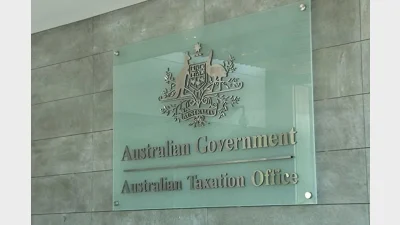(February-2003) TISS: no longer just for lumberjacks
The $300 million Timber Industry Superannuation Scheme (TISS), one of the first super funds to be granted an AFS license by the Australian Securities and Investment Commission (ASIC), will become a public offer fund in March, according to fund CEO, David Goodear.
The move, he says, is aimed at attracting “employers and people you wouldn’t normally associate with the forestry and timber industry”.
Goodear adds that the 30,000 member fund will also target existing corporate funds that have opted to completely outsource their super arrangements.
Unlike many other funds that are delaying their application to ASIC for an AFS license, Goodear says rather than wait, his fund applied online back in October and found the whole process to be “reasonably simple”.
ASIC approved the application in December and according to Goodear, half of the fund’s staff are now eligible to provide advice on products offered by TISS after being trained in line with ASIC’s policy statement 146 guidelines.
On the investment front, the fund has also awarded Barclays Global Investors a $30 million indexed international equities mandate, with the assets sourced from cash flow rather than terminating a mandate elsewhere.
TISS has one other international equities manager, Zurich Scudder Investments, which manages a $40 million active overseas shares mandate.
Recommended for you
The responsible investment body is warning that a one-size-fits-all ESG framework mirroring those in the UK and the EU could do more harm than good.
Australian super funds are monitoring the US closely as President Donald Trump increasingly intervenes in corporate policy, moves that are reverberating through global markets and prompting reassessments of portfolio risk.
Industry fund HESTA has filed an appeal against an ATO decision on tax offsets from franking credits, with the Australian Retirement Trust set to file a similar claim soon.
The latest superannuation performance test results have shown improvements, but four in 10 trustee-directed products continue to exhibit “significant investment underperformance”, warns APRA.











